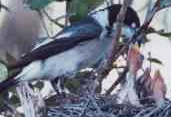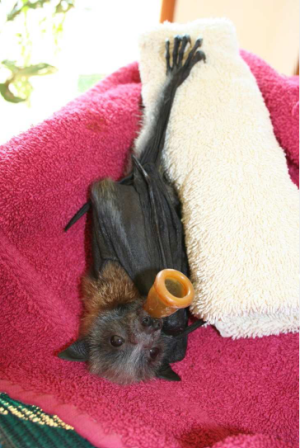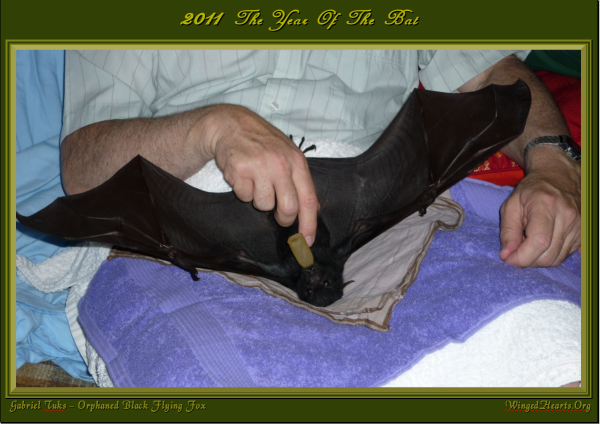Navigation
- HOME
- Wild Bird Rescues
- Communicating With Wild Birds
- Recognising Birds
- No Life For Caged Birds
- Birds I View
- Feathery Tales
- Flying Foxes and Bats
- Grounded!
- Not Just A Bird...
- The Sticky Beak
- Winged Tips
- Your Winged Friends
- Books & Resources
- Wild Bird Talking Ezine
- About the authors
- Contact Us
- News and Media
- Links
- Forums
Blog chat login
Carbon Is Life Book
The story of carbon dioxide, the essential life-giving gas that feeds all life. Contrary to everything we have been told, our planet is currently suffering a carbon famine, with deadly consequences for the poor and for wildlife.
This is the book every environmentalist and lover of wildlife really needs to read! (Click on the image to find out more.)

 The incidence of Australian Bat Lysavirus (ABLV) in wild bats is about the same as the incidence of HIV in humans: between .09% and 1.2% of free-living population (1,2)
The incidence of Australian Bat Lysavirus (ABLV) in wild bats is about the same as the incidence of HIV in humans: between .09% and 1.2% of free-living population (1,2)




